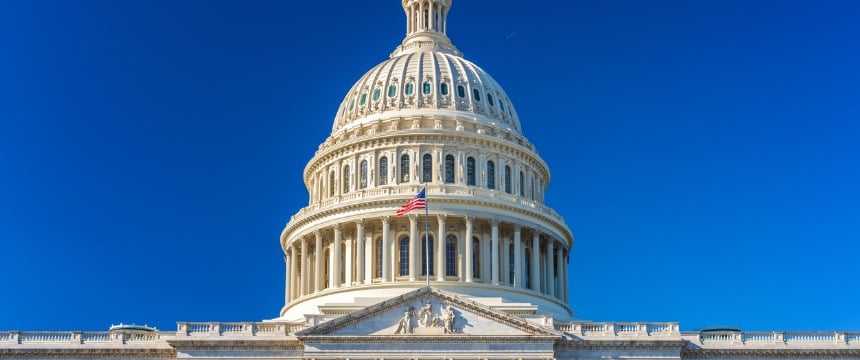
Election Procedures
The National Labor Relations Board (NLRB) has modified its union representation regulations, again reminding organized labor that what the Democrats gave, the Republicans can take away.
Timing often is critical to management’s odds of winning a union representation election. The union’s popularity and employee enthusiasm often peak when it files its representation petition. Time therefore favors the employer. The more time that management has to educate the work force about the consequences of union representation, the higher the likelihood that management will prevail when employees cast their votes.
One of the tools employers have to slow down the election process is to seek a hearing to determine such issues as whether the scope of the proposed unit is appropriate, whether particular classifications of employees are permitted to vote, and whether the workers are supervisors who are not entitled to vote. In order to staunch the decline in union representation, the Obama administration Board rewarded the traditionally pro-Democratic unions by shortening the time for employers to object to the election and conduct a hearing. Under the so-called ambush election rule, the Democratic majority Board members during the Obama administration streamlined the election process, permitting elections to be held just 10 days after the filing of the petition. It also deferred resolving issues regarding workers’ eligibility to vote to a post-election hearing.
While the Board’s new approach is not quite as generous to management as the pre-Obama rule, objections to the scope of the unit and the determination of whether contested workers are eligible to vote again will now be heard pre-election. In addition, the Board has directed Regional Directors not to schedule an election any sooner than 20 days after the direction of the election.
Prior to the Obama election rules, elections were held an average 38 days after the petition was filed. Under the Obama rules, that time was cut in half – to about 23 days. It is expected that under the new rules, elections will occur somewhere in the middle – in about 30 days.
Under both sets of rules, hearings on objections to voters that are not resolved pre-election will be scheduled after the election.
Late-Breaking NLRB News
Last week, the Board also announced the following “early holiday gifts” to employers:
- Dues Deductions: While not a reversion to an earlier day, the NLRB also ruled that employers may cease deducting union dues once a collective bargaining agreement expires.
- Email: As in the pre-Obama era, employers may limit employee use of its email system to business matters and thus bar employees from using the system for the purpose of union activities and organizing efforts.
- Internal Investigations: The NLRB will no longer consider policies banning employees from discussing ongoing investigations to be a violation of the National Labor Relations Act.
